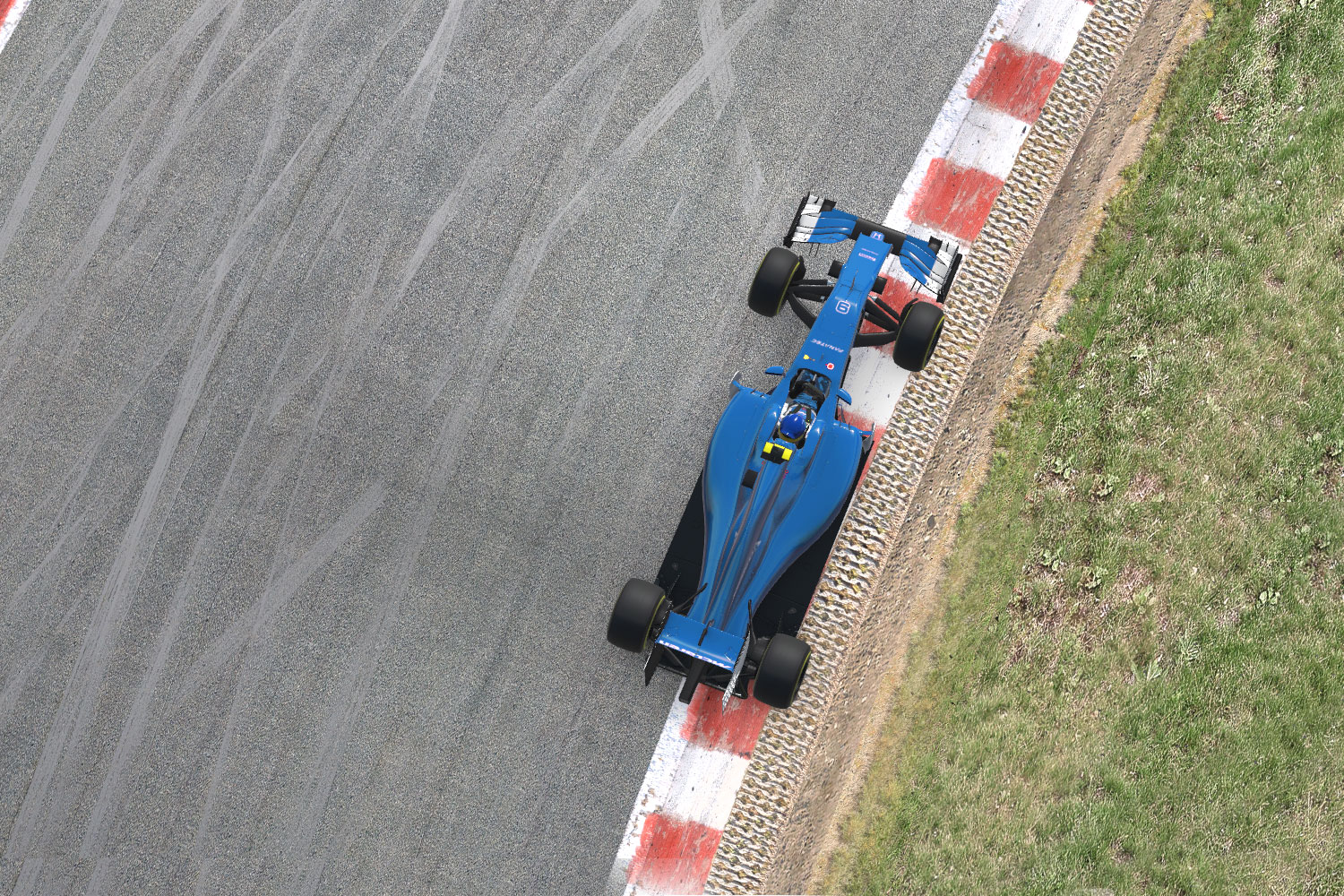(Written for Virtual Racing School.)
“If only I had more time to practise. If only I had a good setup. If only I had nailed that last corner. If only I was within a top team. If only I had more experience. If only that idiot had not bumped into me. If only I had triple monitors. If only I had better pedals, and a direct-drive wheel.”
Well, if all those stars would have aligned — you tell yourself — well, then I could qualify on pole. Then I could nail the start, then I would know how many stops to make and exactly how much to refuel. Then I would be able to push on the limit every lap. Then I could really show the world on a Racespot live broadcast just how great I am.
But it’s wrong to think that way. When you’re trying to do something difficult really well — whether it’s writing a book or winning a race — every stage will throw a ‘what if’ at you. It’s so easy to listen to that voice inside you, and quickly you’ll tell yourself ‘yes you did enough, it’s not your fault you didn’t do better’. It’s so extremely easy to let yourself off the hook, and while it’s understandable, you must not give into that if you wish to improve.
See, we only see our own struggles, and forget others have them too. You may look at Martin Krönke or Greger Huttu and think they’ve won the DNA lottery, and that that would explain their pace, but you have no visibility into the endless hours. A much fairer definition of talent is ‘willingness to learn’, and Krönke and Huttu are such greats of simracing since they’ve overcome their obstacles (although they still have plenty). Or take Glenn McGee, who qualified for the Global Mazda MX-5 cup with a Logitech G25 and a 4:3 monitor. He was not held back by low quality feedback from his steering wheel and pedals, low graphics and low FPS.
Take the situation of another driver running into you, wrecking both your races. It’s likely you tell yourself you did nothing wrong, and it was all the other driver’s fault. While this may be true, it’s still the wrong approach, because this way you’ll learn nothing. A more productive approach is to look what you could have done different to avoid contact. I know this instinctively feels ridiculous when someone divebombed you — but even when something is not your fault, you can still take responsibility over your own race. So don’t be a victim, and instead try to identify potentially dangerous drivers and avoid contact. Especially in races in which the pool of drivers changes every race, it’s not worth having an avoidable crash with an overaggressive opponent, simply to make a point. So instead of being right and being wrecked, try to reach the finish line, as that’s a much higher priority than the two of them combined. (I work in Amsterdam, and if I want I can cycle into a tourist every day, but that’s not the point of getting from A to B.)
One of the most influential advice I ever read was written on a World of Warcraft forum, when people whined about a certain class being overpowered. It certainly provided me with a life lesson. The comment was simple: “All is fine, learn to play.”
While VRS does address many of the obstacles listed in the first paragraph, one of the biggest obstacle of becoming better is often within your mind. And if winning a top split race in iRacing seems difficult to you, well — that’s because it is damn difficult. You either go through the struggle or you quit. But stop telling yourself ‘if only’. Take control!




